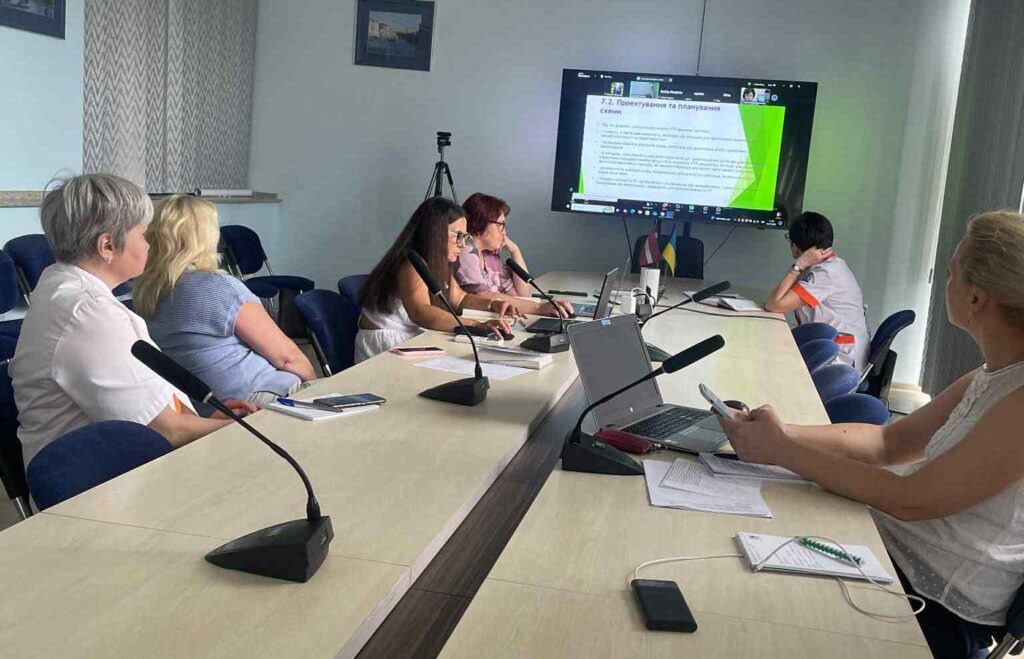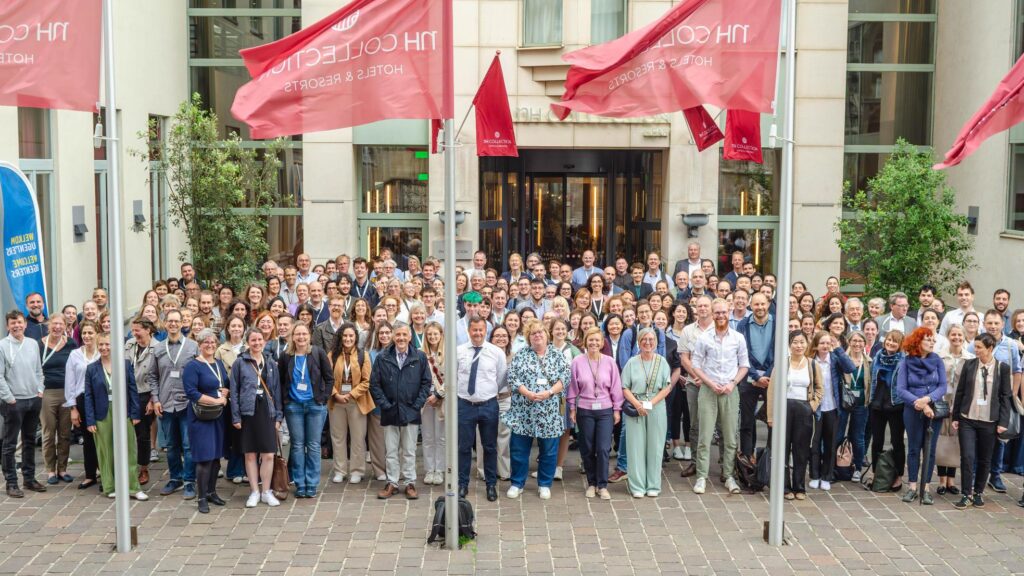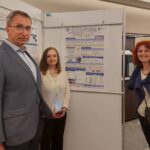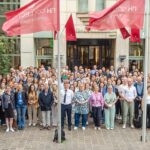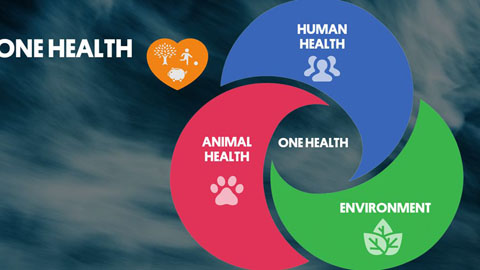
From June 3 to July 4, 2025, specialists from the State Scientific Research Control Institute of Veterinary Medicinal Products and Feed Additives (SCIVP) participated in an international training course dedicated to the implementation of the One Health approach. The course was organized by the Food and Agriculture Organization of the United Nations (FAO) in cooperation with the World Health Organization (WHO) and the World Organisation for Animal Health (WOAH).
About the Course
This four-week program covered key aspects of the One Health concept, including:
🔹 Cross-sectoral cooperation in the fields of animal health, public health, wildlife protection, and food safety.
🔹 Sources of pathogens and anthropogenic factors contributing to the emergence of diseases.
🔹 Risk assessment and global challenges related to infectious diseases.
The training combined self-paced learning materials, interactive modules, webinars, and discussions with international experts.
Results
SCIVP representatives successfully completed the course, passed the final assessment, and received internationally recognized certificates.
This achievement highlights the high level of expertise of our professionals and their ability to apply modern approaches in veterinary medicine, biosafety, and public health.
The course has become an important milestone in the professional development of our staff and will contribute to integrating Ukrainian science into global health strategies.

